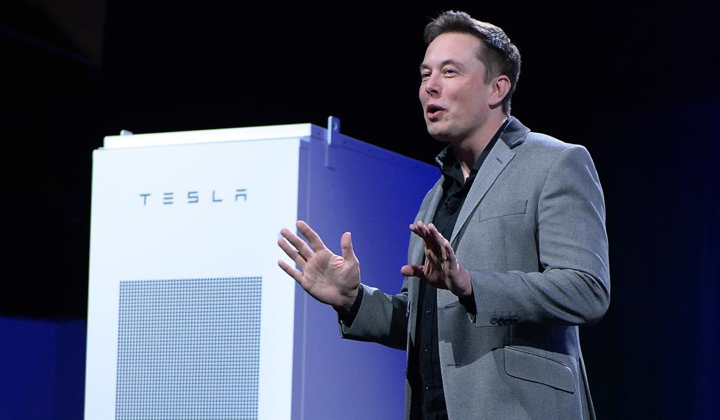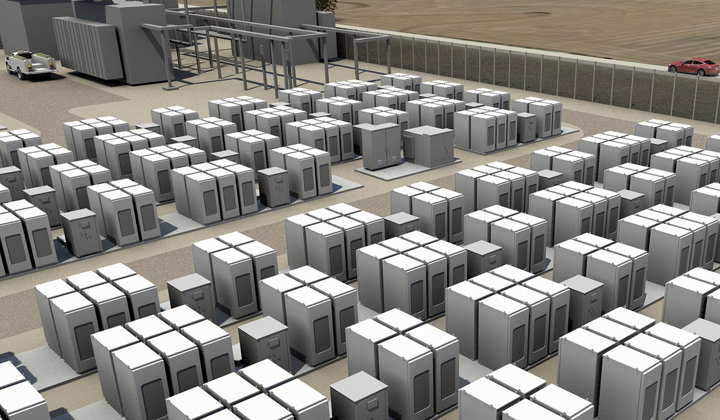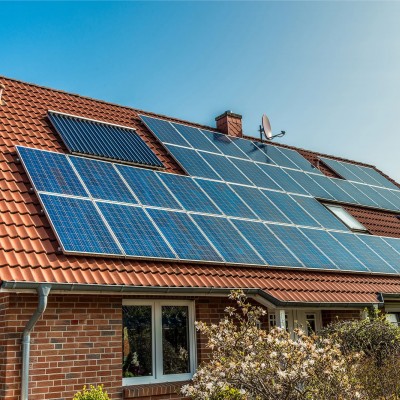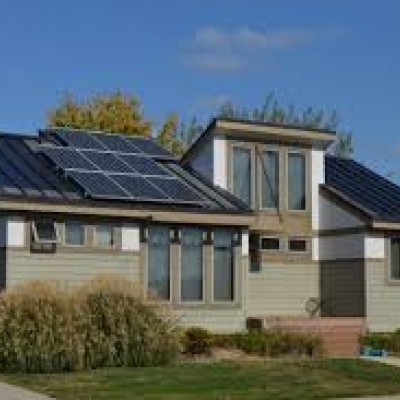Tesla Batteries Cheap Enough to Prevent New Power Plants
May 7, 2015

Elon Musk introducing the Tesla Powerpack
Tesla’s Powerwall home battery has dominated energy news recently, but the real news was the price tag on its utility-scale big sister, the Powerpack: $250/kWh.

“There’s nothing remotely at these price points,” said Tesla product architect Elon Musk.
“The Tesla battery is better than I thought for homes,” wrote Ramez Naam in a review of Tesla’s new battery line. “And at utility scale, it’s deeply disruptive.”
“Considering both the impact on electricity bills and improved reliability of grid-integrated storage, total customer benefits would significantly exceed costs,” the analysts, from The Brattle Group, found.
Here’s why, according to their study:
Power Purchase Cost Savings. Utilities without sufficient storage often have to purchase power during system peaks, and those purchases are billed directly to customers. Batteries eliminate those charges.
Avoided Distribution Outages. By preventing blackouts, batteries would save residential customers about $10 a year and commercial customers an average of $700 a year.
Deferred Investments. Typically, utilities need enough power plants to serve their customers at peak hours, not at average hours. By using batteries to serve peak loads, they can invest in fewer power plants. They can especially avoid firing up expensive “peaker plants,” which are usually fast-starting but inefficient natural-gas plants. They can also build fewer peaker plants in the future. By deploying batteries along the grid where peak loads are greatest, they can also defer investments in transmission and distribution infrastructure designed to serve peak loads.
“The combined value of these benefits exceeds the costs of storage by a substantial margin across a range of deployment levels,” the Texas study concludes.
[Forbes]


